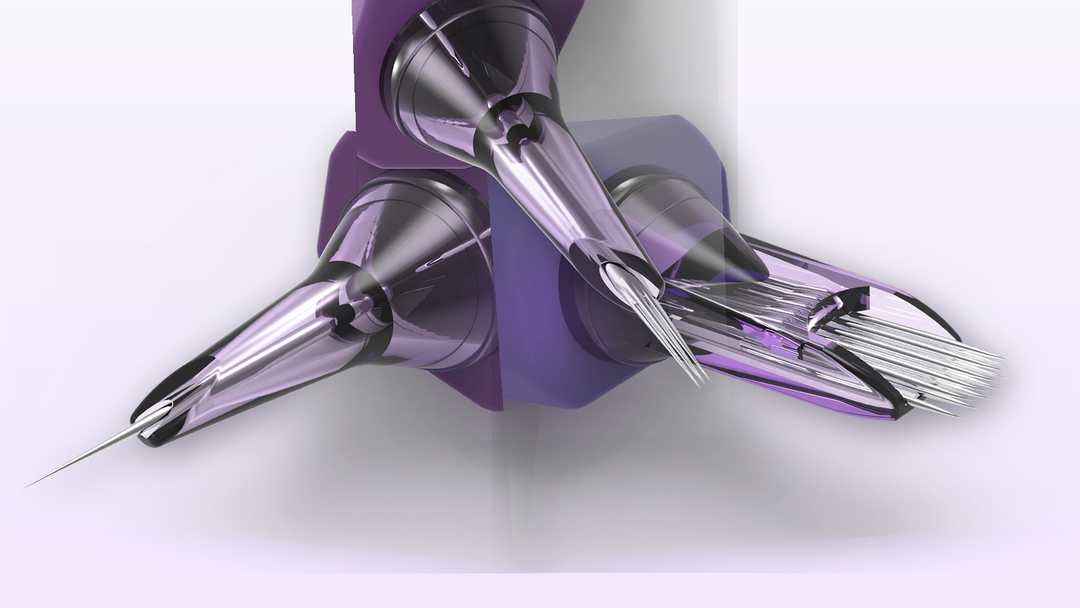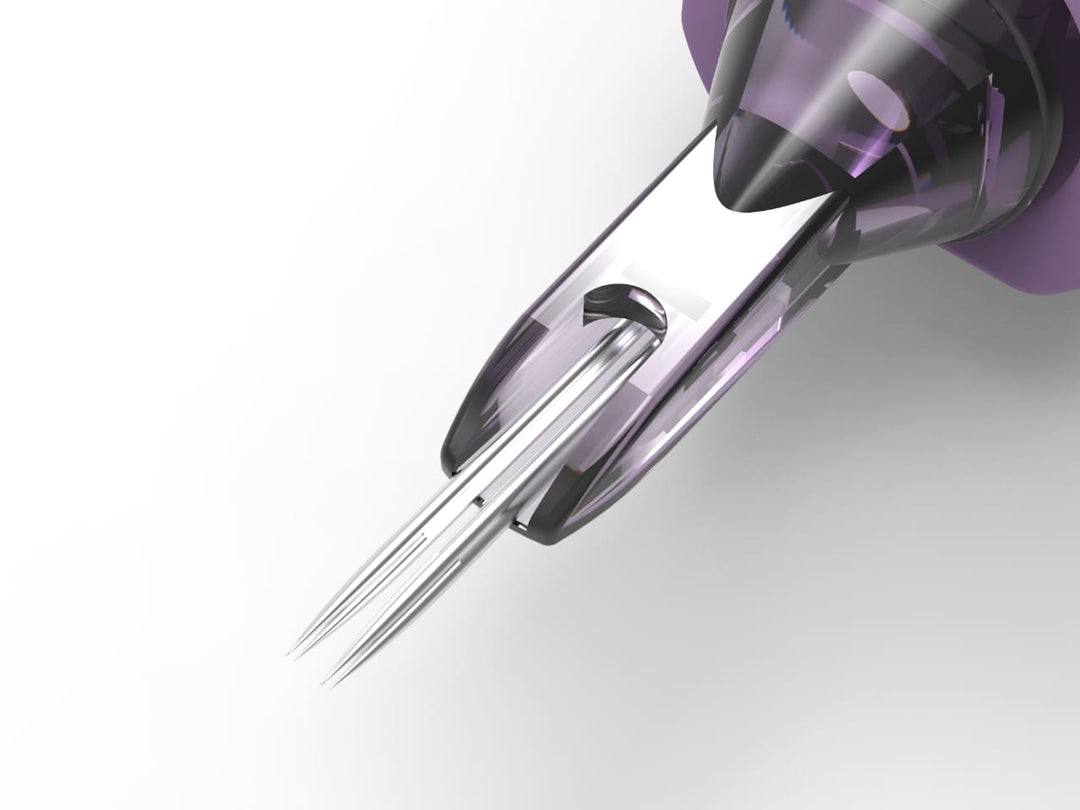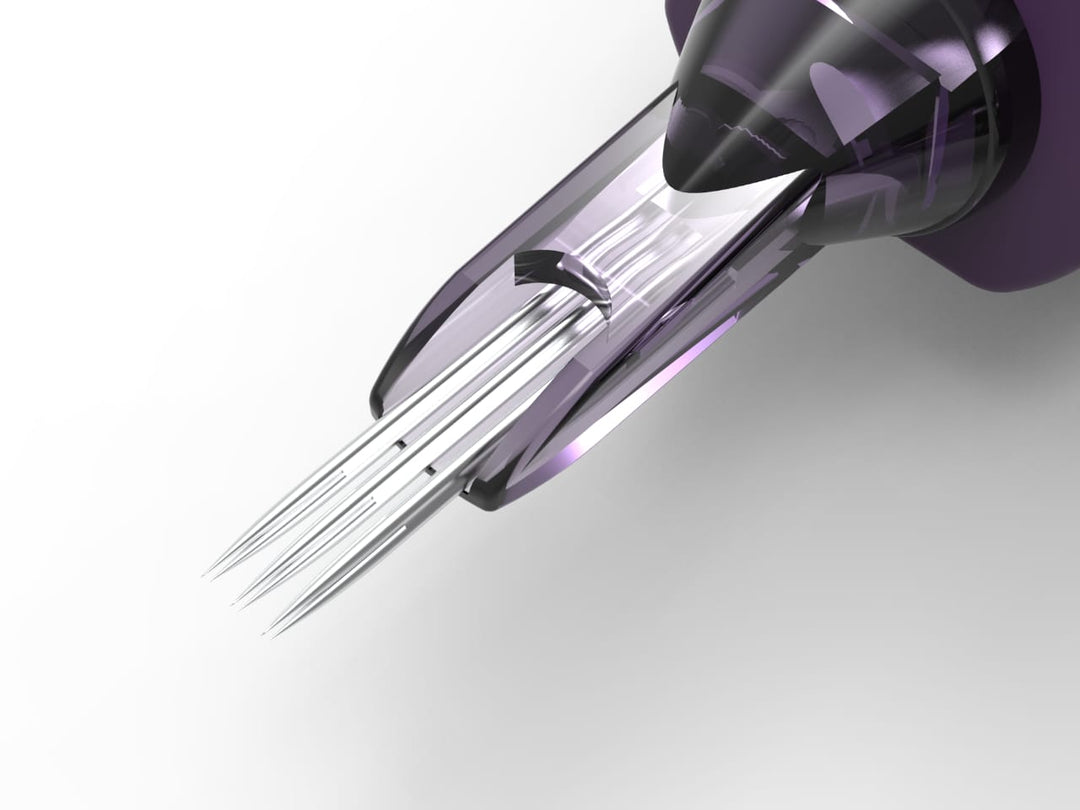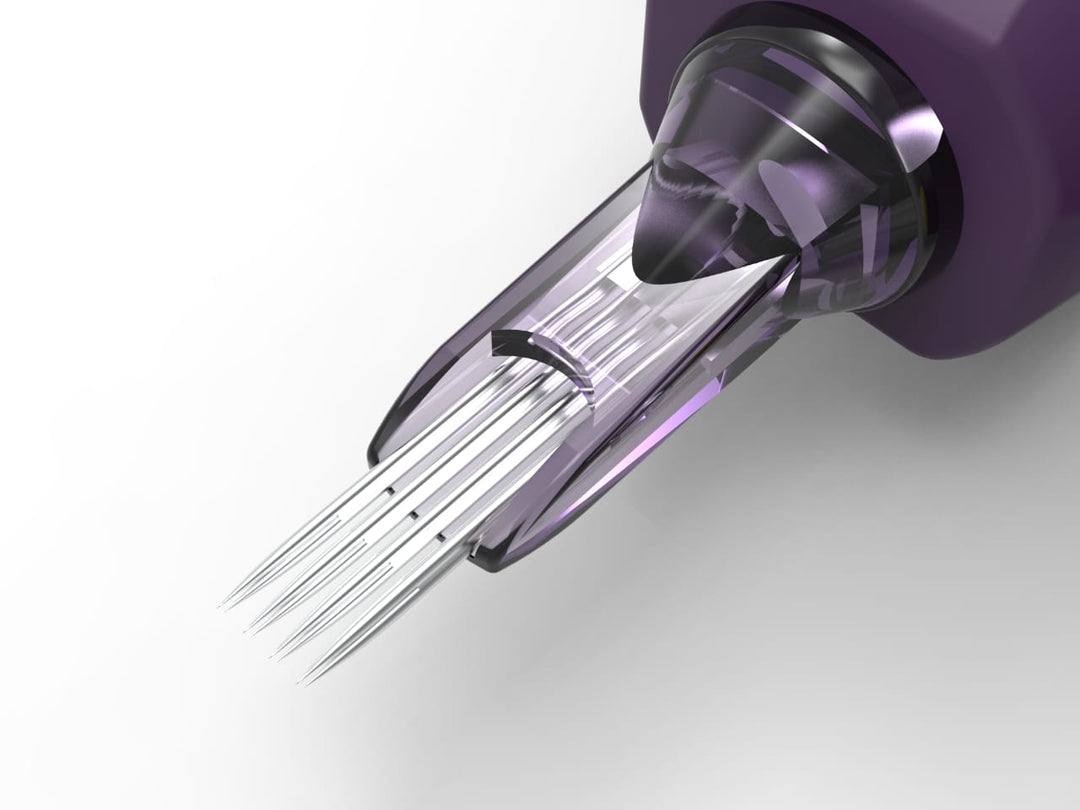Permanent makeup (PMU) allows beauty enthusiasts to enhance their eyebrows, lips, and other facial features without using makeup daily. PMU needles are the most critical tools in a PMU artist's kit, but as with any specialized tool, they can present challenges, especially for beginners. Understanding and troubleshooting these issues is essential for mastering your craft and providing your clients with the best results. This article will explore some common problems you might encounter while using PMU needles, why they happen, and how you can address them.
Blunt or Dull PMU Needles

PMU needles can become blunt or dull over time because of repeated use, improper storage, or manufacturing defects. Blunt needles often result in uneven pigment distribution. They can also cause increased skin trauma and discomfort for your clients.
To prevent this issue, always use high-quality needles from reputable manufacturers. Store your needles in a cool, dry place, away from substances and contaminants that may degrade the needle material. Additionally, replace your needles regularly, especially after you notice a decrease in performance.
Alternatively, consider using tattoo needle cartridges instead. These disposable products consist of a PMU needle and a plastic housing. You can easily and quickly pop them into your machine and dispose of them after a single use, making them an efficient and hygienic alternative to traditional tattoo needles. When buying tattoo needle cartridges, choose ones made from grade 316 stainless steel, as this material is durable and stays sharp for a long time.
Ink Flow Issues
Inconsistent ink flow can result from needle blockage, incorrect needle size, or improper machine settings. Such an issue can lead to uneven shading or patchy results, particularly in procedures like eyebrow tattooing and lip blushing.
You can easily avoid this issue by checking your needles with a magnifying loop to check for bent tips while using PMU tattoo needle cartridges. While using traditional tattoo needles, clean them regularly with distilled water and a suitable cleaning solution. Furthermore, use the appropriate needle for your task. For instance, do not use PMU needles for shading to create outlines. Adjust your machine's settings to your needle type and desired outcome.
Skin Trauma and Irritation
The wrong needle size or a dull needle, combined with excessive pressure, can cause your client irritation, skin trauma, and discomfort. These may also prolong the healing process and result in poor pigment retention, causing the tattoo to fade prematurely.
The best way around this problem is to avoid overworking your client's skin by using gentle and even pressure while drawing. Familiarize yourself with the most suitable needles and techniques for specific areas. Lastly, watch your client's skin closely, especially when using lip shading needles or working on sensitive areas of the face. Adjust your technique or switch needles if you notice excessive redness or swelling.
Needles Bending or Breaking
Your PMU needles can break or bend because of excessive force, hitting the ink cup with the needle, manufacturing defects, or improper machine settings. Misshapen needles can lead to inconsistent results and potential injuries.
First, use high-quality PMU needles made from durable, long-lasting materials like 316 surgical stainless steel. Inspect your needles before use and discard them immediately if you notice any defects. Calibrate your machine and ensure it's compatible with the needles you use. Always use a steady hand during the procedure, apply appropriate pressure, and avoid pressing too hard.
Pigment Discoloration
Discoloration may occur due to improper needle depth, incorrect pigment selection, and poor aftercare. This issue can be problematic in procedures involving the eyebrows and lips, where color accuracy is critical.
While working, make sure to maintain consistent needle depth for even pigment deposition. Practice makes perfect, so take time to master your technique. One of the best ways to achieve this is to practice on synthetic skin. Additionally, always use high-quality pigments that are suitable for PMU. Finally, provide your clients with clear aftercare instructions to facilitate proper healing and prevent discoloration.
Mastering the art of PMU requires skill and a thorough understanding of the tools involved. By recognizing common issues with PMU needles and knowing how to troubleshoot them, you can ensure optimal outcomes for your clients. Remember to use high-quality products, from your PMU needles to your pigments, and always source your supplies from reputable vendors, especially when buying PMU needles online.
To find the best tattoo needles for eyebrows and other PMU procedures, shop at Grip Needles today!








